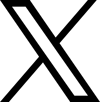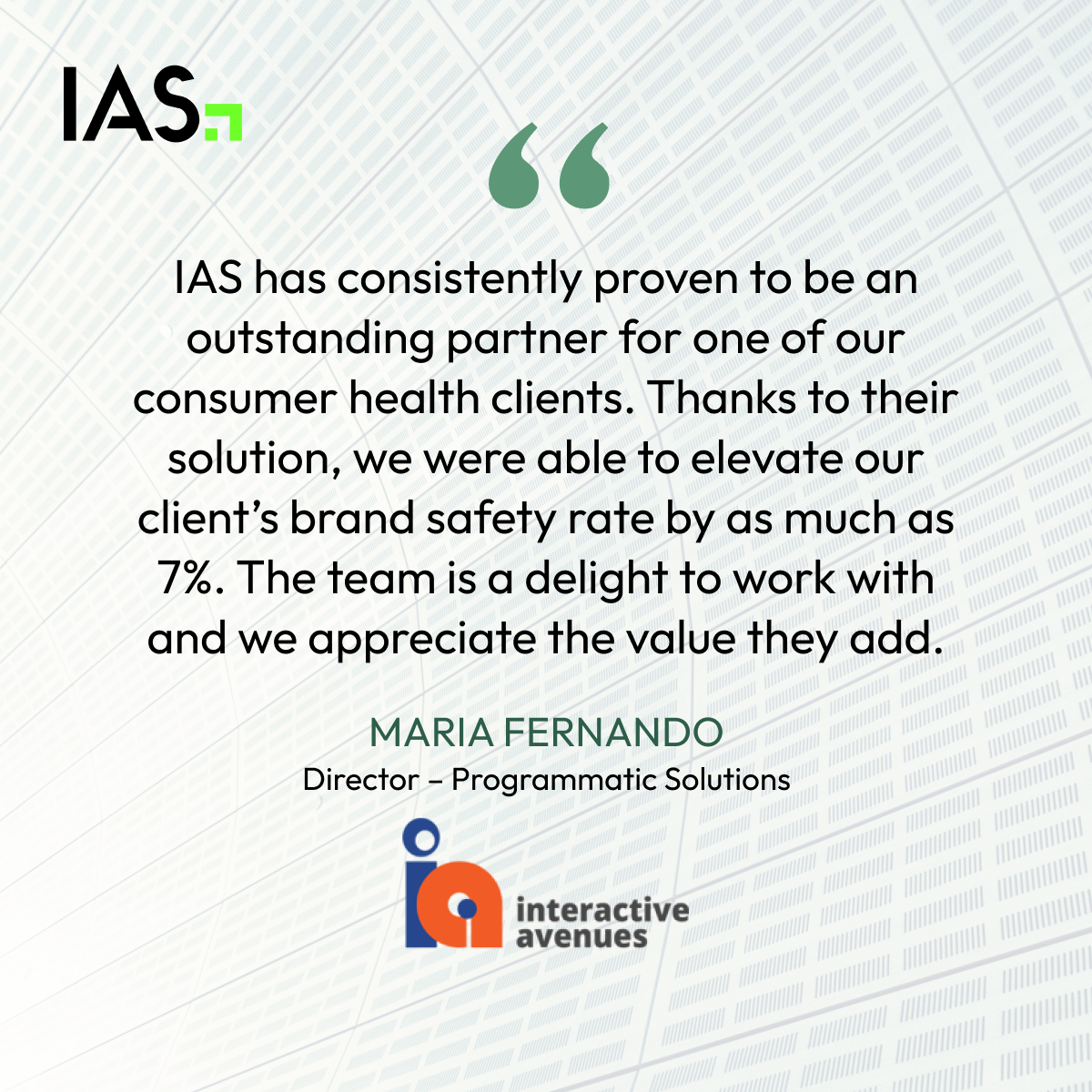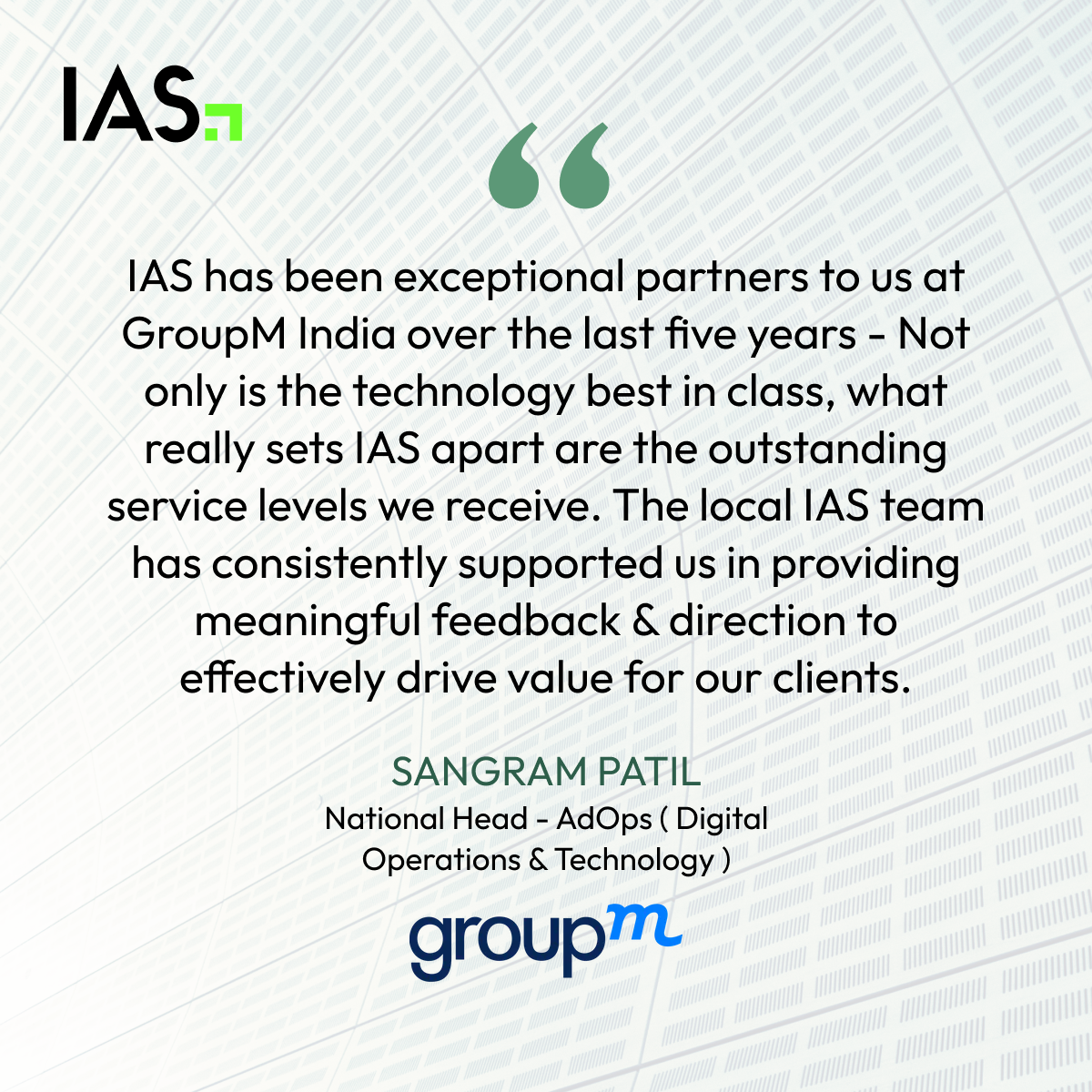
In this exclusive “Masters of Media” series, Integral Ad Science (IAS) speaks to the Movers and Shakers of the Southeast Asia advertising industry, on all matters digital.
David Hirsch is currently the Head of Marketing at QBE Insurance. He’s extremely experienced with a track record of driving material growth, optimising marketing and delivering performance impacts for leading organisations, challengers and start-ups such as NobleOak, Bupa, Visa, Westpac, Roses Only, Medibank and others.
Integral Ad Science (IAS): David, please tell us about your digital advertising journey and your current role
David: I came out of University with both a Psychology and a Commerce degree and went straight into an ecommerce role with Visa, which was a great grounding in digital and project management which has served me well in all my roles since. It really was at the cutting edge of digital for those days with smart cards, online shopping secure electronic transactions….. yes it was a while ago! It also facilitated an introduction to the early digital start-ups and larger brands trying to capitalise on the shift to online. In terms of digital advertising it very much was the wild west in those days without many rules and without the dominant players you see today, it was a much more diverse playing field. My current role as Head of Marketing covers the full marketing mix from acquisition to retention, brand, content, social and all media channels across all the Australian QBE business lines.
IAS: How has COVID-19 impacted consumer behaviours and your industry at large?
David: The health and economic crisis caused by the COVID-19 pandemic is having an enormous impact on our customers and their communities right around the world. As we all know we have not seen an impact of this scale on a global level for many years and the true impact is still playing out, so I don’t believe we can really say that we have yet seen the extent of the impact on consumers or businesses. But in terms of what I have seen, I’m seeing real diversity in changes to consumer behaviours and this is because while some industries have been financially devastated others have boomed. Overall I am seeing a much higher level of conservatism with non-essentials but by in large essentials have not yet been impacted. Shifts to digital and online have been swift and embraced and there are many innovations that have been delivered that will remain permanent fixtures once the pandemic has passed. We continue to support customers through various initiatives including premium refunds, premium deferrals, extending credit, counselling services for vulnerable customers, and accelerating claims payments.
IAS: Any tips for marketers navigating the new normal?
David: I don’t see that there is anything we can deem normal or BAU anymore and I say this in the pre-COVID context. My rationale is that in the context of business and technology, today’s rate of change is so great that long periods of stability or normalcy rarely exist for marketers. Change is the only constant that you need to get used to and you can’t fight it so my advice is to embrace it and use it to drive positive changes rather than resisting it or using it as a crutch. For example, when thinking of positive impacts that COVID has had in marketing at QBE, it has driven innovation at pace in some of our traditional B2B activities such as events. Within weeks we had pivoted our annual plans to virtual and this shift enabled us to reach more of our B2B customers, track their feedback more accurately and deliver more personalised experiences. We also managed to provide them with activities that involved the whole family during lockdowns. Eg: virtual cooking classes with celebrity chefs, virtual zoo tours with our partner Taronga Zoo and fitness sessions with the Sydney Swans.
IAS: You talk about Growth marketing enabled by culture, data, and innovation, this is very interesting, could you explain this in more detail?
David: All the successes I have had in driving growth throughout my career have had these three ingredients concurrently present. When I talk about culture I’m referring to the people, I’m talking about trust which is the basis for high performing teams and I’m also talking about a culture where failure is embraced on the road to success. Data is the basis for good’ commercial marketing and innovation or outside in thinking is required to drive continuous performance improvements in any business.
IAS: What are the key initiatives pertaining to digital media quality your company is prioritizing currently? E.g. ad fraud, viewability, brand suitability
David: A key focus for QBE is using digital media quality metrics to define the true value and effectiveness of both performance and brand activity.
We work with an independent verification partner to analyse quality metrics across all digital video and display activity.
With digital video for example, instead of focusing solely on completion rate, we are looking at AVOC, or Impressions that are Audible and Visible on Completion – an impact much more analogous to an impression on TV. This metric routinely shows the preference for specific devices (desktop, connected TVs) and the higher CPM costs associated with premium publishers actually delivering better value (when we define value properly). Approaches such as this provide the confidence to continually invest across digital and social for upper funnel objectives. This is increasingly important for us as a business, with specific customer segments becoming increasingly important to achieve revenue and growth outcomes while also managing risk. Our brand building activity needs to explicitly reach these groups and we need confidence that our digital inventory can deliver a return with longer term Awareness and Consideration outcomes. Basic metrics such as completion rate and cost per completed view just doesn’t provide that confidence across different platforms.
For performance activity, quality of engagements are critical to optimisation and effective attribution. Ads that aren’t viewed offer no value to our attribution model, and also give a false read on interaction rates. These quality metrics are particularly useful in the manual optimisation of activity to improve efficiency by continually refining site lists, environments, and formats.
Ad fraud, or Invalid Traffic, typically represents <1% of programmatic activity for us and we monitor to ensure it remains well below industry benchmarks and screen pre-bid wherever possible.
We have a conservative approach to where we want ads to appear. We don’t run on unknown or unrated content, and stick to established environments across display and YouTube in particular. Like most advertisers there are specific environments we choose to never allow ads to run so as not to commercially support the content. In the current landscape, another key focus is to continue to look for opportunities with publishers beyond platforms, and partner with those that both reach and deeply engage our target audiences.
IAS: QBE is rooted in strong customer partnerships, what powers this customer-centricity?
David: Customer centricity is at the heart of the business and our strategy. Our purpose is why we exist as an organisation and it is to give people the confidence to achieve their ambitions. As a predominantly intermediated business we are focussed on partnerships and rightly value our relationships with our partners and direct customers.
IAS: What’s your favourite book/podcast/movie and why?
David: One of my favourite books is The Swarm by Frank Schätzing – it is an epic novel that combines sci fi, the environment, technology, the ocean and nature, which covers many of my passions and it is beautifully written and researched.
IAS: What is your advice to the fresh talent in the industry?
David: Marketing is all about brand, data, digital and customers but don’t ignore basic commercial principles. Remain curious and hungry, push to challenge and ask why things are the way they are. Change roles frequently enough to build your experience, but not so fast that you don’t really get to understand what is what and become a SME in your own role. Embrace digital and technology but understand that it is the people you work with and for that really get you out of bed. Never be afraid to ask for help and always look up and ahead – there is no perfect path through your career but enjoy it as much as you can, because if you are happy you will do well.
 Share on LinkedIn
Share on LinkedIn Share on X
Share on X

